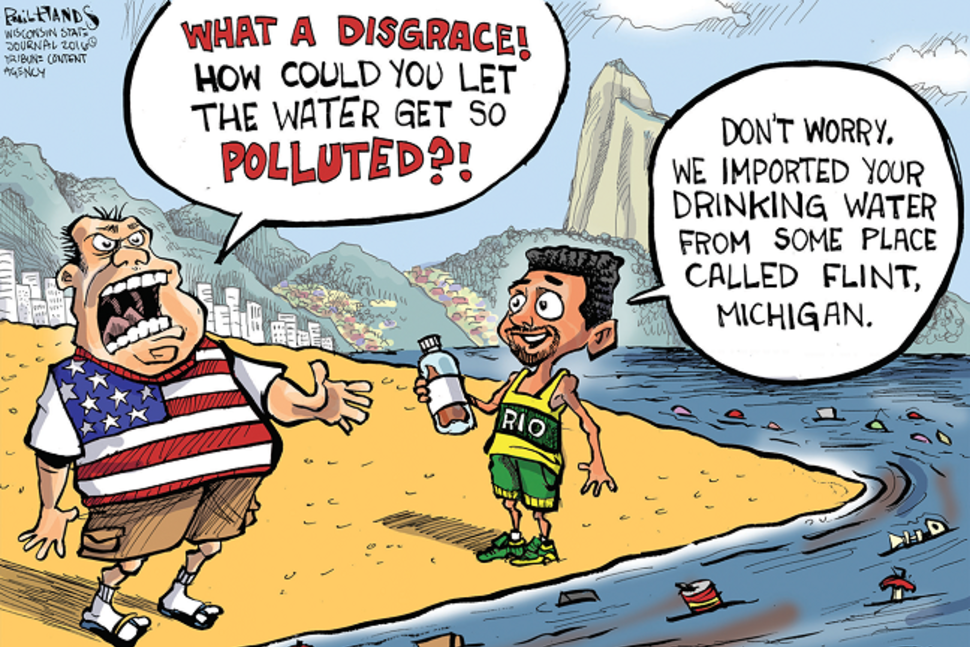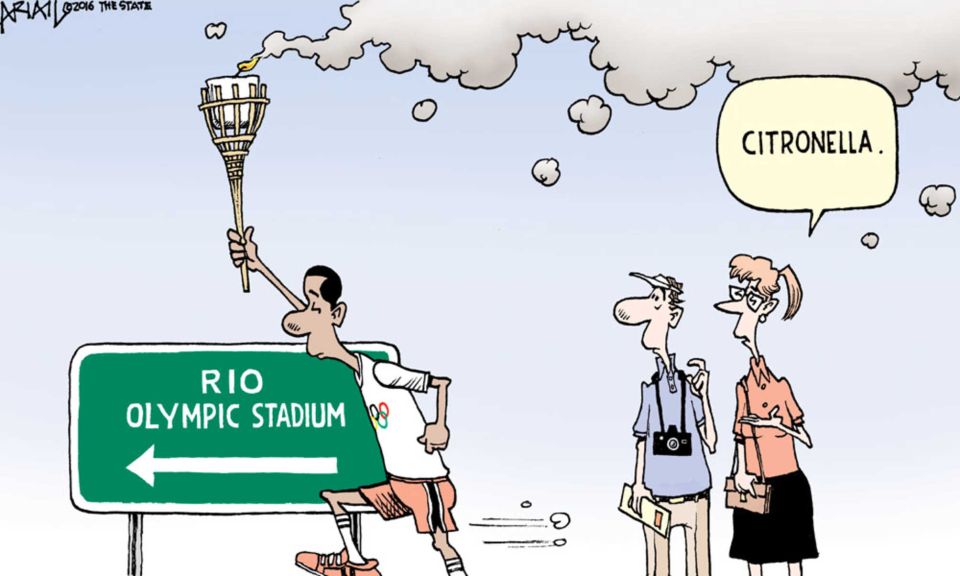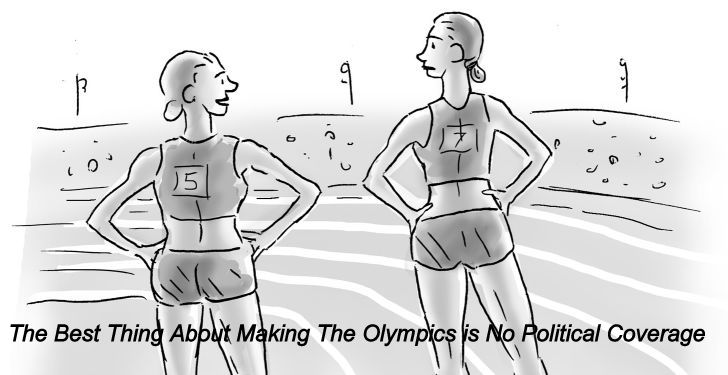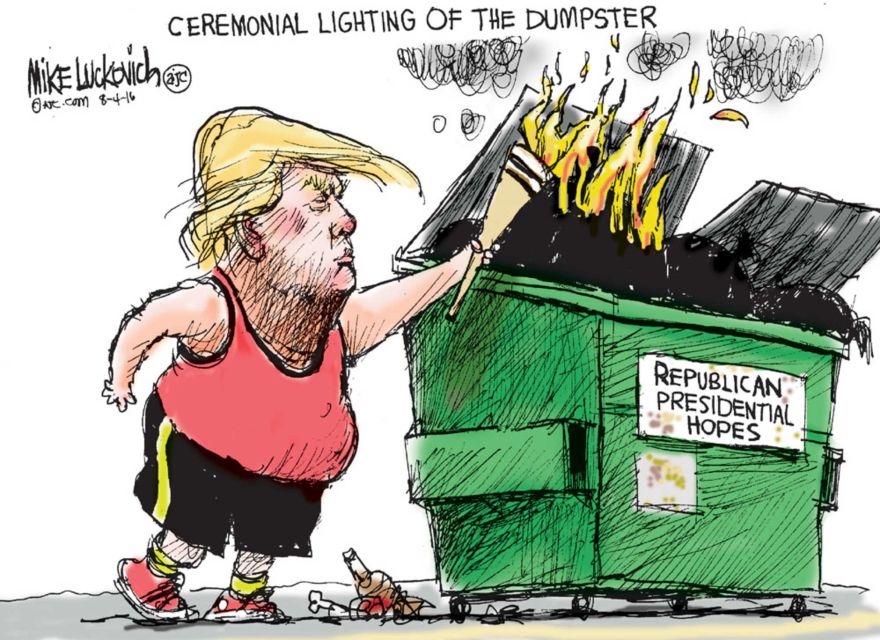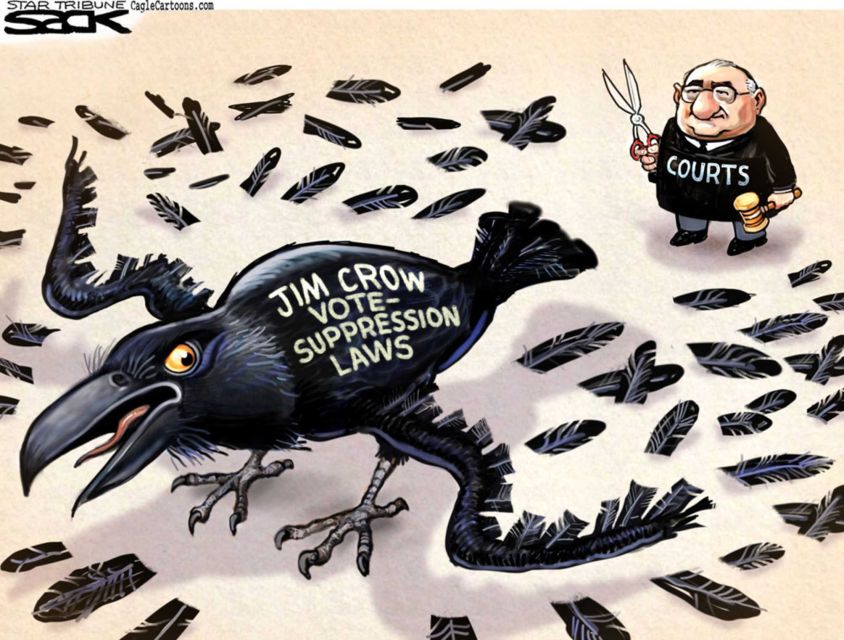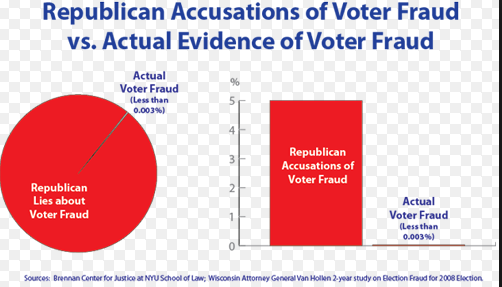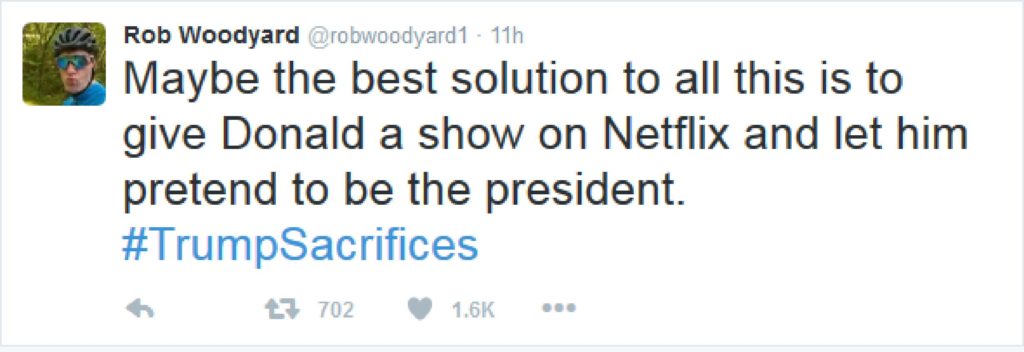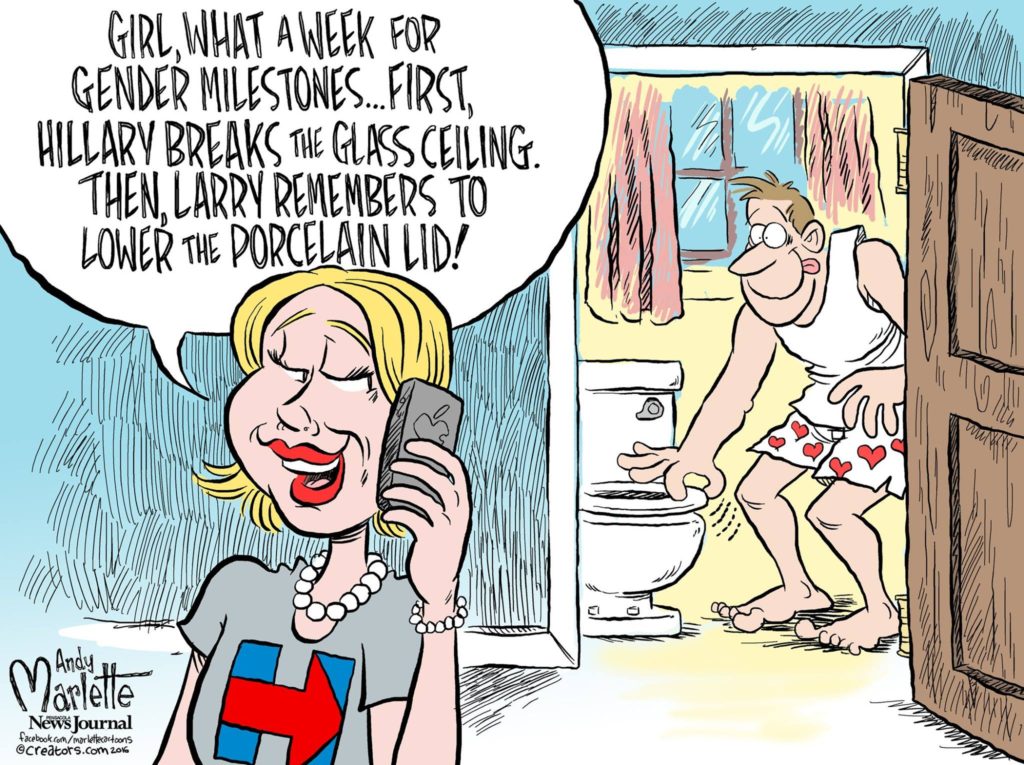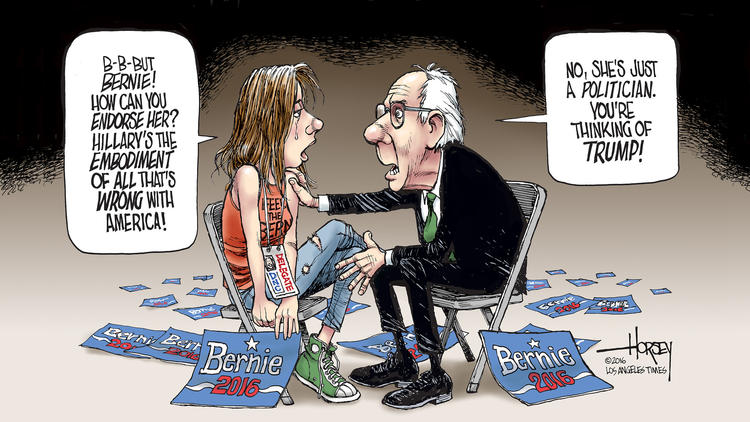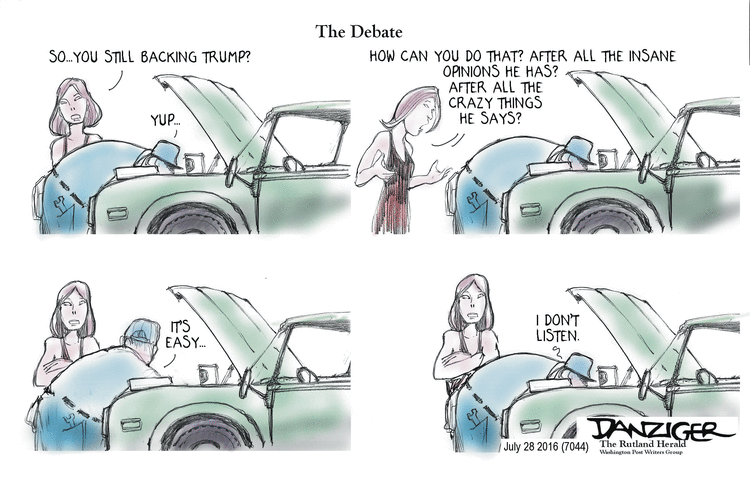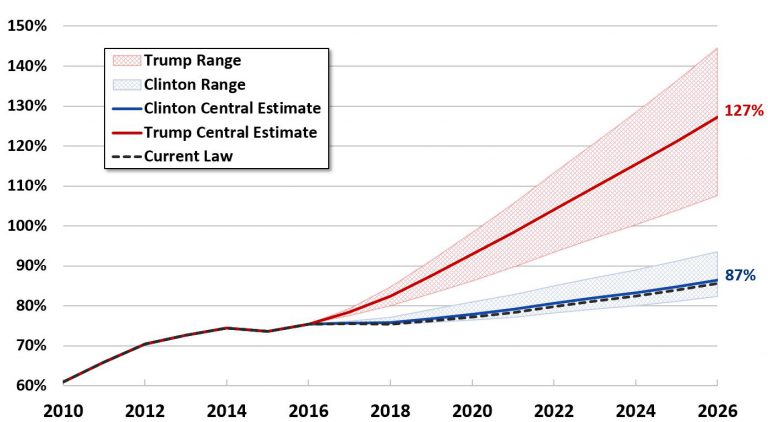Let’s take another break from the cacophony of the presidential campaign to provide some insight into a Pentagon report that the mainstream media barely covered.
The Inspector General (IG) of the US Department of Defense (DoD) issued an audit report on July 26, stating that the DoD cannot account for $6.5 trillion in total funds, of which, $2.8 trillion is “missing” from the last fiscal quarter. According to the IG’s report: (brackets by the Wrongologist)
Army and Defense Finance and Accounting Service [DFAS] Indianapolis personnel did not adequately support $2.8 trillion in third quarter adjustments and $6.5 trillion in year-end adjustments made to Army General Fund [AGF] data during FY 2015 financial statement compilation…We conducted this audit in accordance with generally accepted government auditing standards.
The IG also said that the DoD agrees they received these funds, agrees the funds are gone, and claims not to have records of where the money went. This doesn’t mean that the money (or equipment and supplies) was embezzled, but without accounting records, the Pentagon just doesn’t know what happened to it.
This isn’t a new problem. On September 10, 2001, then Sec Def Donald Rumsfeld reported that the DoD could not find $2.3 trillion of our tax dollars. After the next day’s al Qaeda attack, the Pentagon and the Congress lost focus on this problem. From the Fiscal Times:
Starting in 1996, federal agencies were mandated by law to conduct regular financial audits. However, the Pentagon has NEVER complied with that federal law. In 20 years, it has never been able to account for the trillions of dollars in taxpayer funds it has spent. An increasingly impatient Congress has demanded that the Army achieve “audit readiness” for the first time by Sept. 30, 2017, so that lawmakers can get a better handle on military spending.
But the IG report says (pg. 21), that they are not likely to comply:
Until the Army and DFAS Indianapolis correct these control deficiencies, there is considerable risk that the AGF financial statements will be materially misstated and the Army will not achieve audit readiness by the congressionally mandated September 30, 2017, deadline.
If this was your bank, and they agreed that they had received a large deposit from you, agreed that they had no idea where it was, and had no plans to refund it, you would sue and move to another bank.
Since this is the Pentagon, you can’t do either. Congress has been allowing the Pentagon to get away with this travesty for decades. Heads should roll at the Pentagon, but where is the Congressional oversight?
Sorry, this is gross negligence, and it isn’t excused because it is done by our “warrior” class who are only trying to keep us safe.
Think about it, $6.5 trillion lost is the equivalent of embezzling $1 billion a day for 18 years. Another way to look at the issue, is that the Pentagon can’t account for around $86 million in our tax dollars per hour. That means the Pentagon misplaces enough of your tax dollars every day to deliver every American free health care.
Now, they almost certainly didn’t lose or steal that much, but they shouldn’t have so much dough to play with until they learn how to account for what they get.
The people deserve whatever regime they endure.
This should be unendurable.


